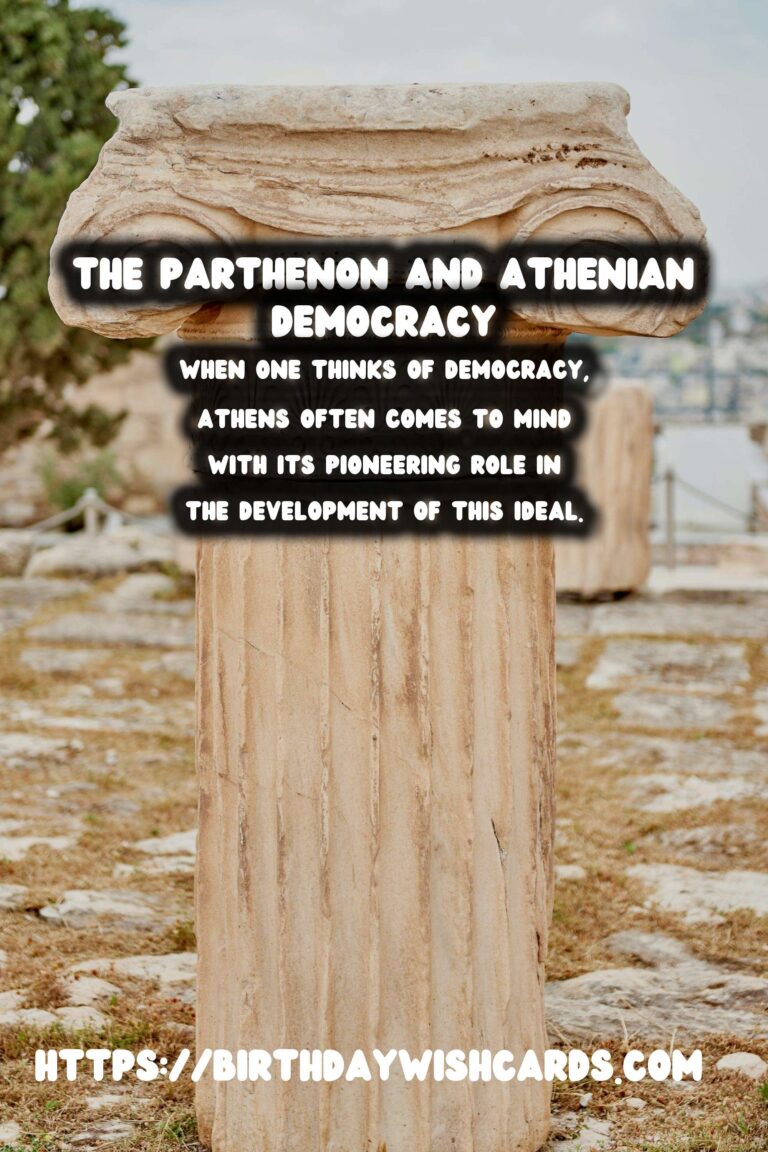
When one thinks of democracy, Athens often comes to mind with its pioneering role in the development of this ideal. Rooted deep in history, Athens offers a fascinating glimpse into the evolution of governance and the contributions it has made to what we regard as democratic ideals today.
The Ancient Roots of Democracy in Athens
The story of democracy in Athens begins in the 6th century BCE. During this period, political reformers like Solon and Cleisthenes laid the groundwork for democratic principles by addressing economic disparities and political power imbalances. Solon, known as one of the Seven Wise Men of Greece, initiated reforms to relieve debts and allowed more citizens to be involved in politics.
Following Solon’s efforts, Cleisthenes furthered Athenian democracy around 508 BCE by reorganizing the political system. He introduced reforms that diminished the influence of traditional aristocratic families and divided citizens into ten tribes, making it easier for common citizens to have a voice in political matters.
A Day in the Life of Athenian Democracy
In practice, Athenian democracy involved direct participation from its citizens. During the 5th century BCE, Athenian men gathered in the Ecclesia or assembly, which served as the main legislative body where they would vote on policies, laws, and decisions impacting the city-state. The inclusive nature of this system allowed ordinary citizens to partake directly in political decision-making.
The Council of 500, established by Cleisthenes, complemented the assembly’s efforts by proposing laws and guiding everyday governance. This council was composed of members chosen across various demes or villages of Athens, ensuring equal representation from different regionals.
Cultural and Philosophical Contributions of Athens
Athens wasn’t solely about its political advancements. It was during the Golden Age of Athens that monumental cultural and philosophical advancements occurred. Philosophers like Socrates, Plato, and Aristotle laid the groundwork for Western philosophy and ethical thinking. Their discussions on ethics, governance, and the role of citizens’ lives resonate through modern civilizations today.
The architectural marvel of the Parthenon, constructed under the leadership of statesman Pericles, stands as a lasting symbol of Athenian great achievements and dedication to public art and architecture. It epitomizes the blend of civic pride and artistic patronage that characterized Athenian society.
The Fall and Legacy of Athenian Democracy
Despite its influential role, Athenian democracy was not invincible. The Peloponnesian War with Sparta, from 431 to 404 BCE, marked a significant decline. The war tested the resilience of Athenian political structures and civic pride. Eventually, political mismanagement, economic challenges, and defeat led to the fall of Athens in 404 BCE.
However, the legacy of Athenian democracy lived on. It set a precedent that inspired later political thinkers and reformers across the globe. Ideas of citizenship, political equality, and democratic governance found new life in the Enlightenment and beyond.
Conclusion: A Lasting Impact
Today, Athens is celebrated as the birthplace of democracy, a title that shapes its identity and pride. Its ancient contributions continue to be a fundamental reference point in discussions of political science, philosophy, and civic governance.
The echoes of Athens’ democratic principles are evident in modern democratic systems worldwide, demonstrating the profound and lasting influence of its historical innovations.
When one thinks of democracy, Athens often comes to mind with its pioneering role in the development of this ideal. Athens wasn’t solely about its political advancements. 
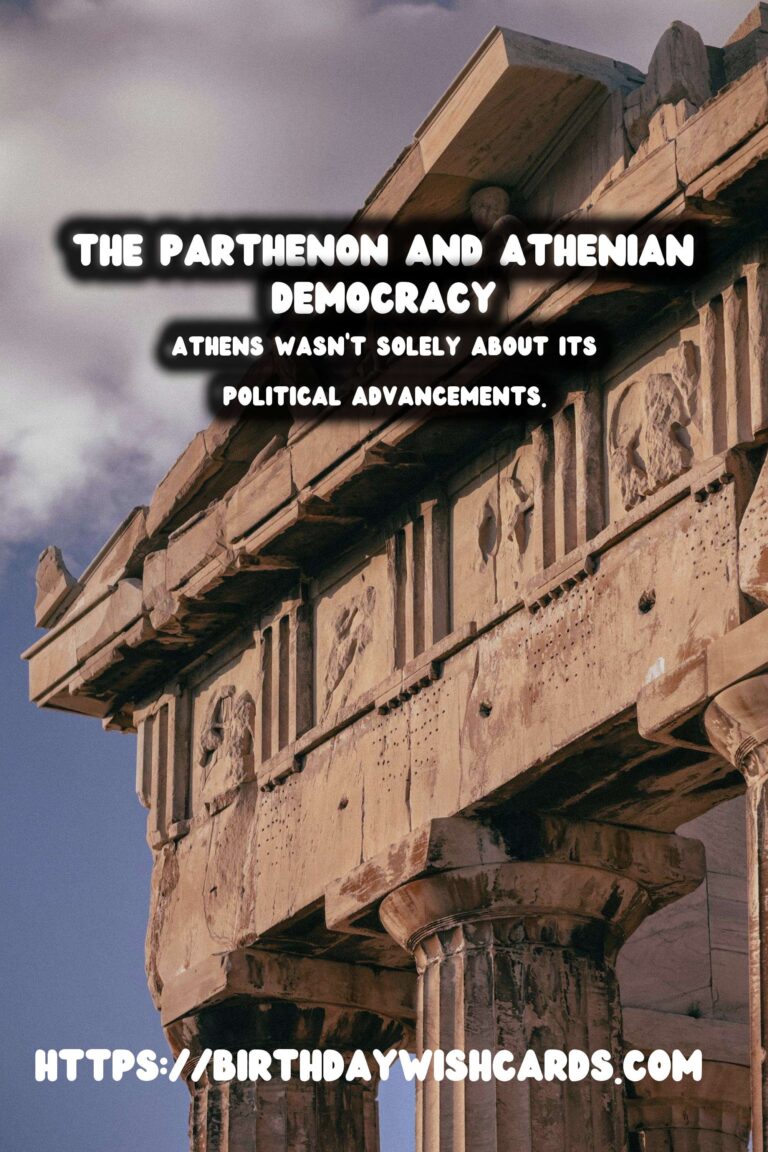
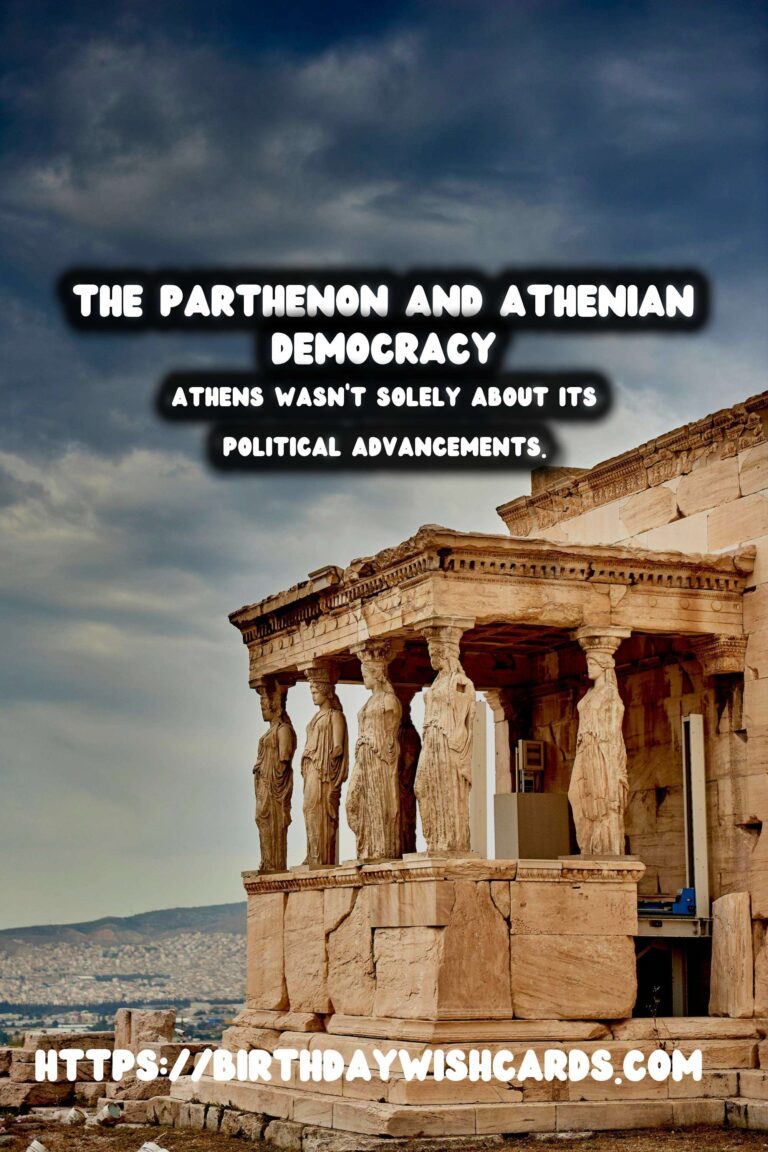
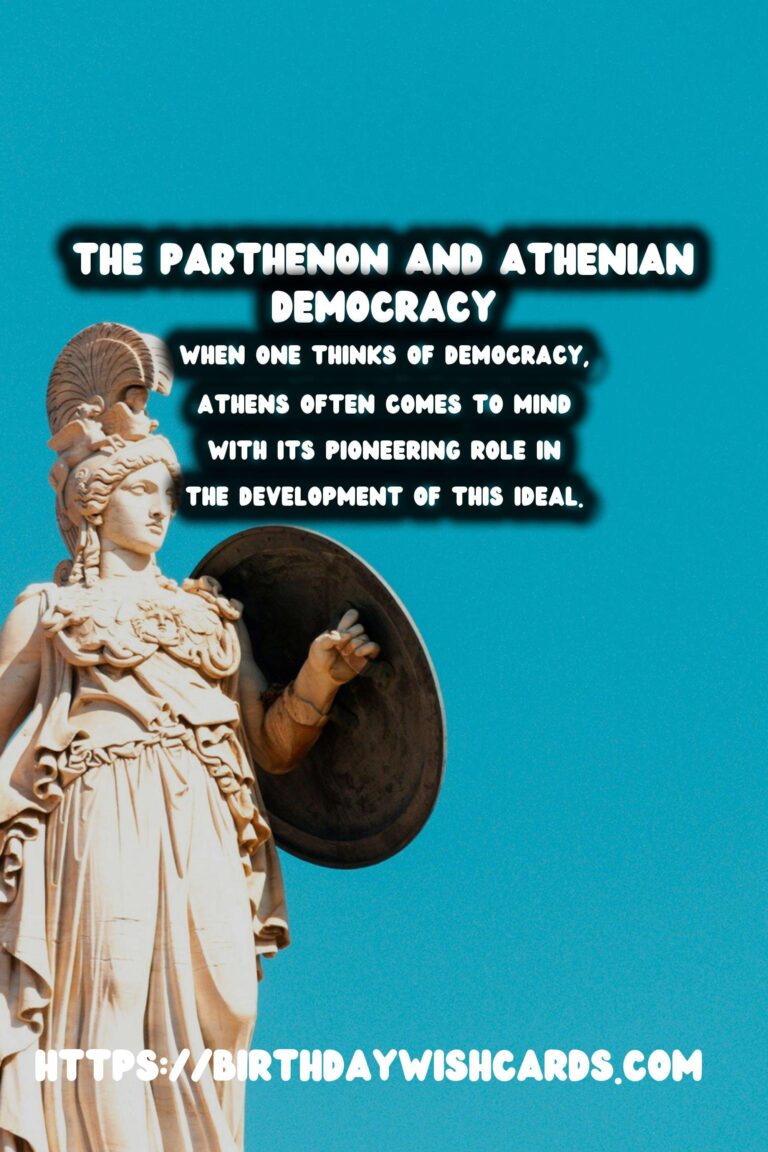
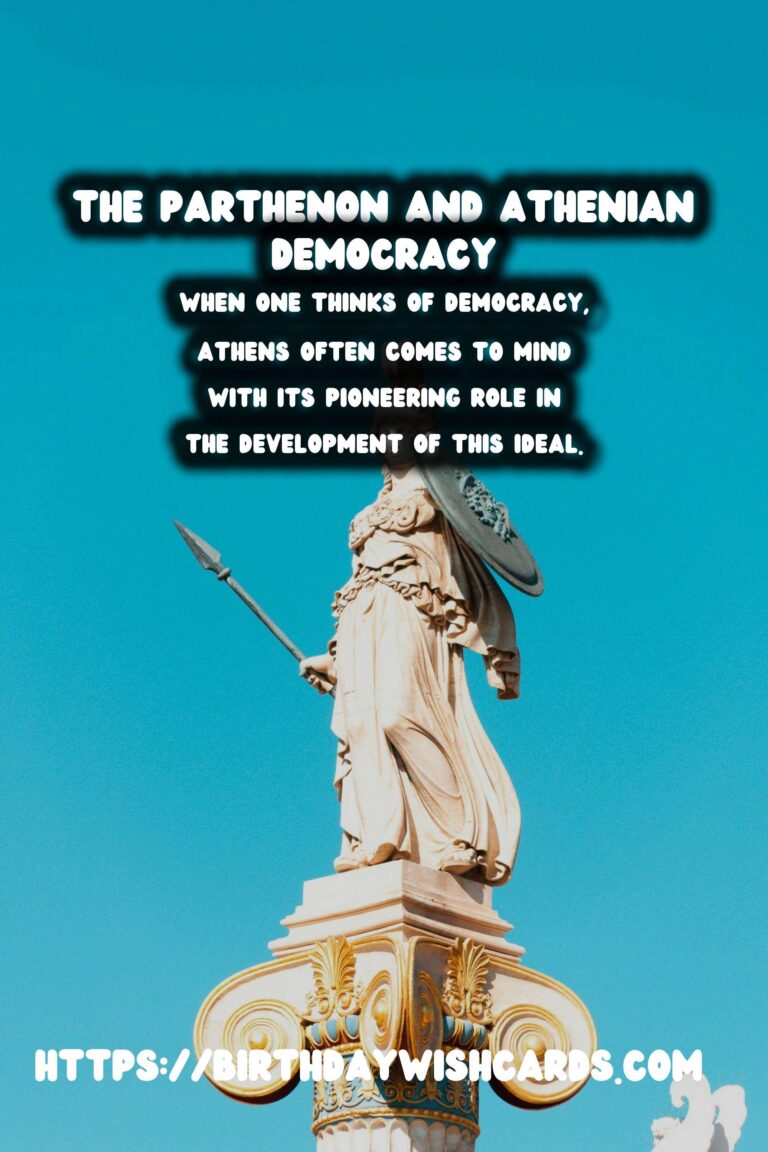
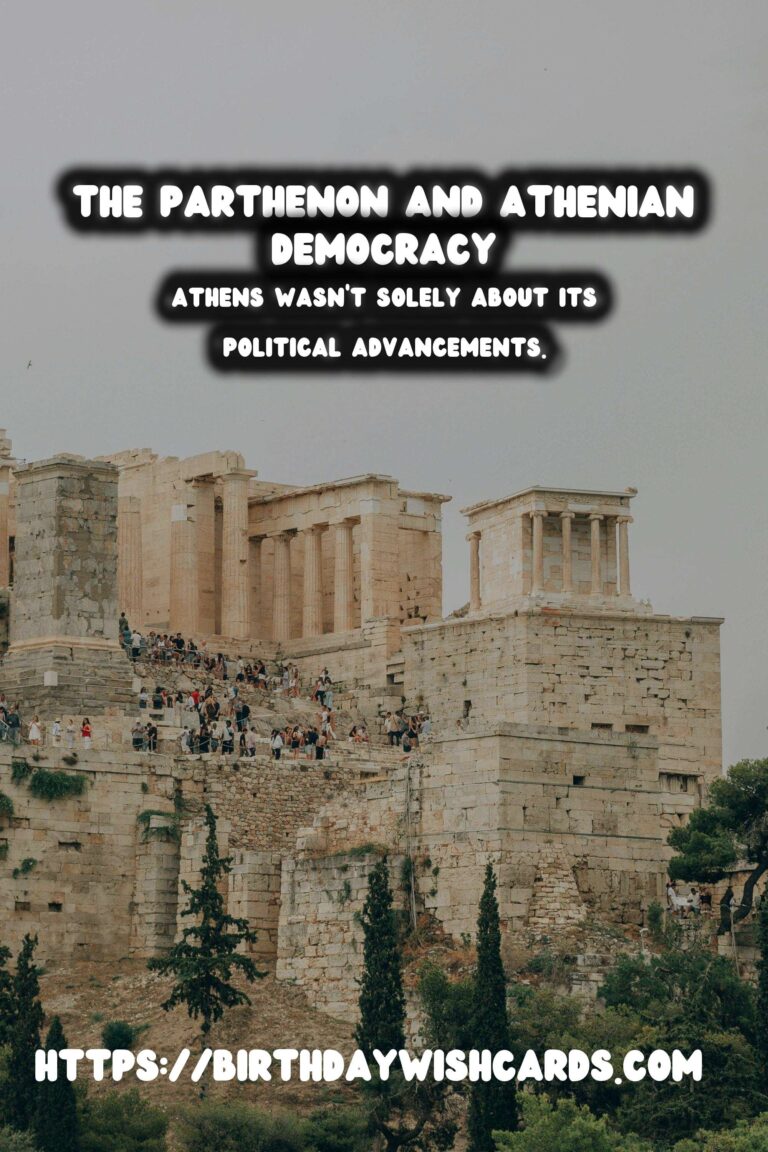
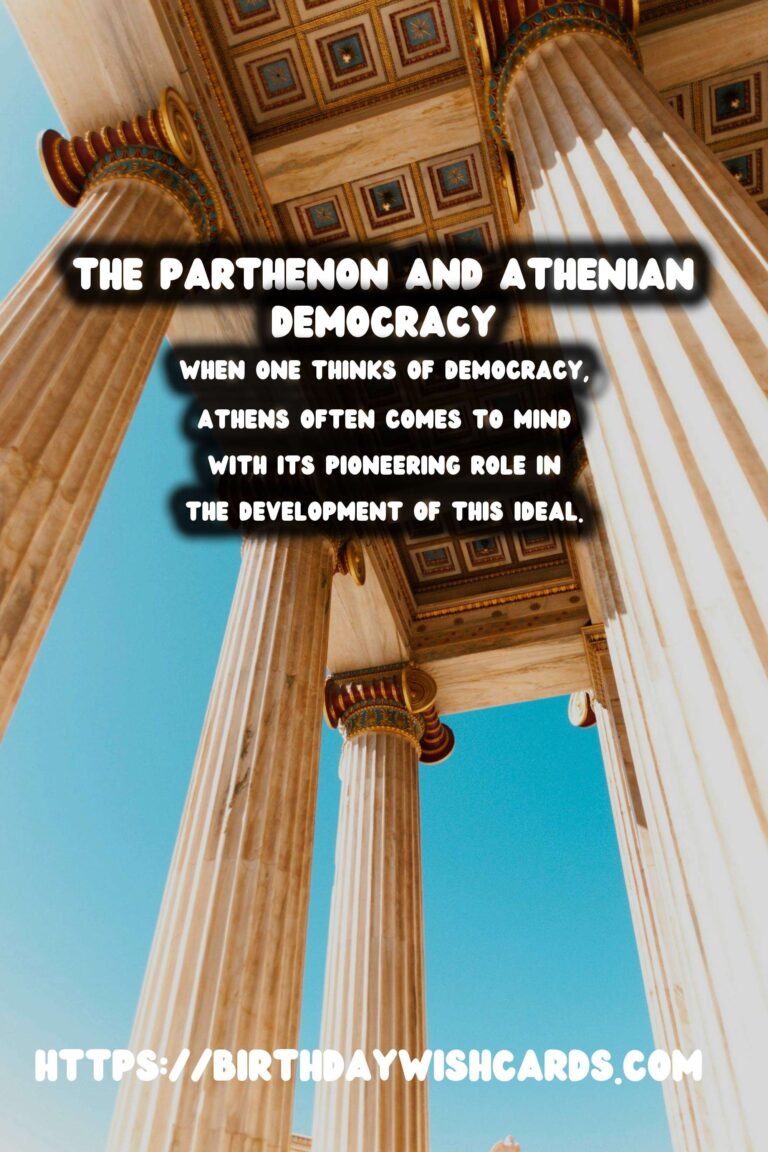
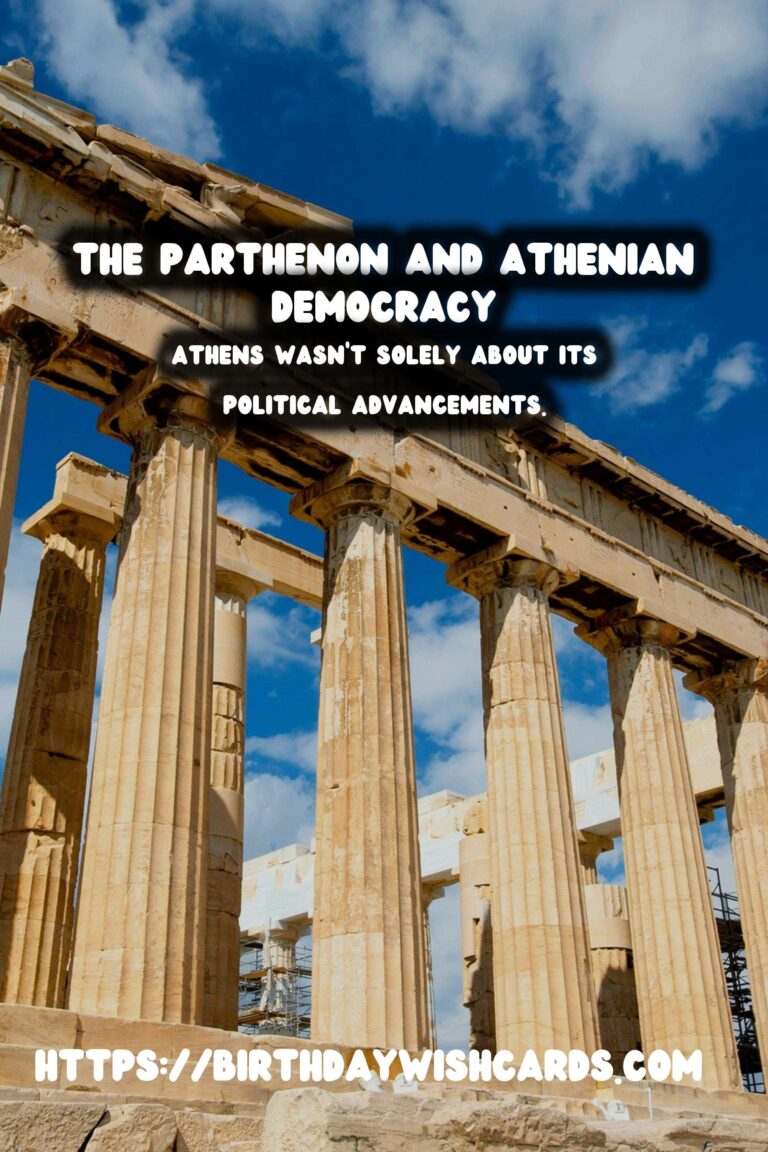
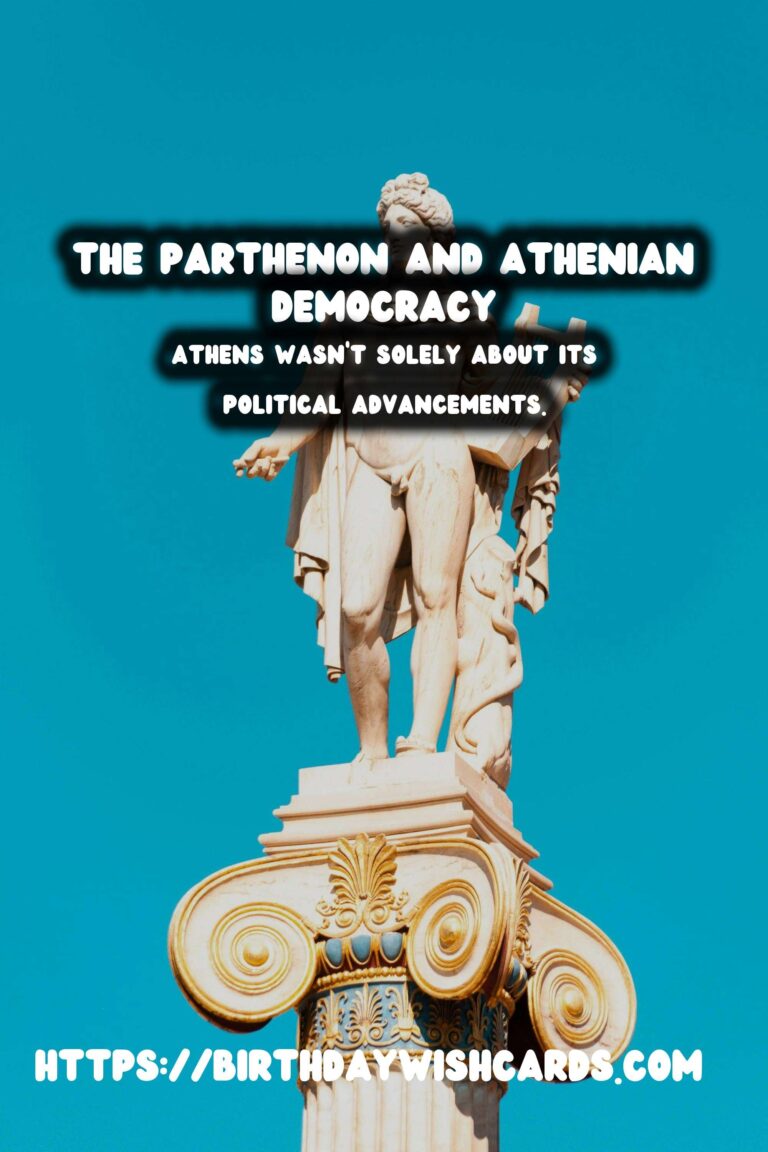
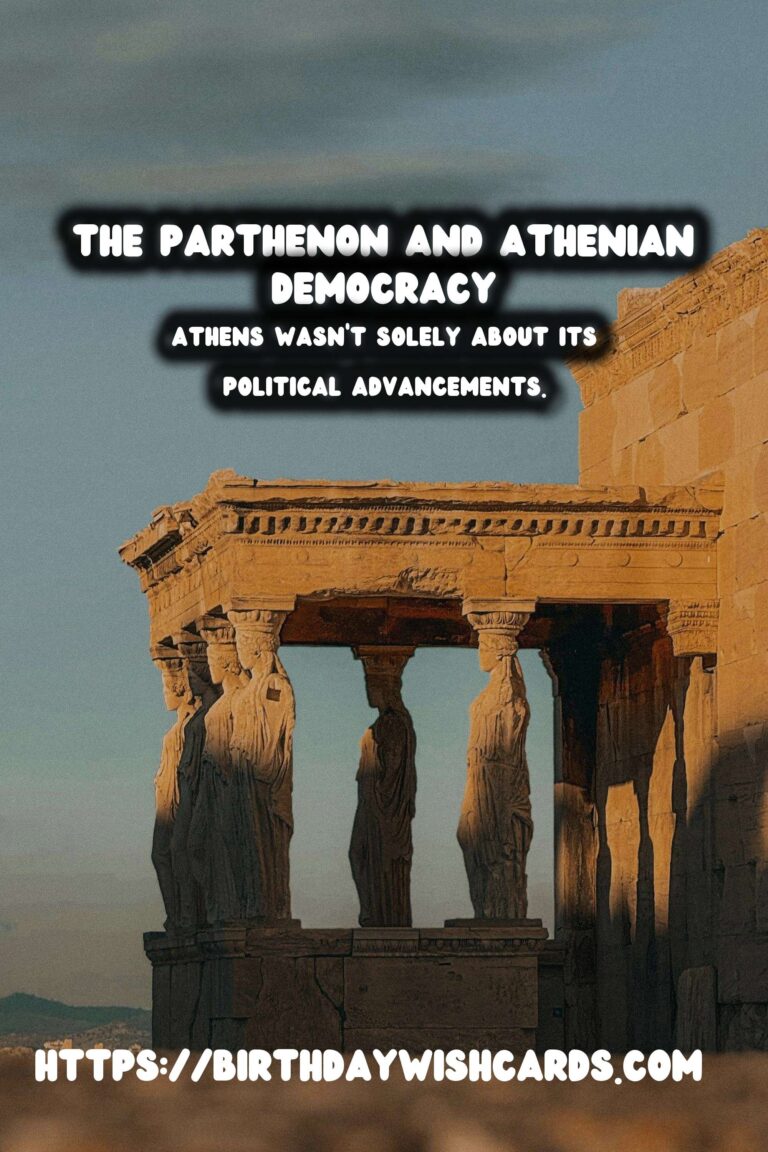
#Athens #Democracy




